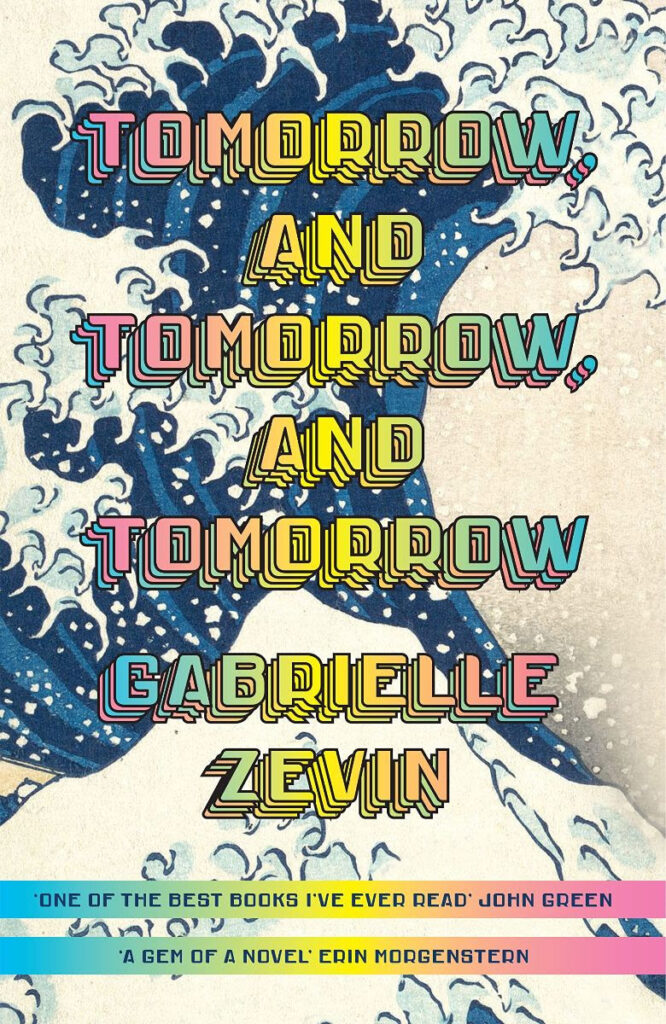The mechanisms that allow the spread of transphobic ideas today are reminiscent of those of conspiracy theories, playing on ignorance and fear to stir up hatred. In this back-to-school issue of Numerama’s #Rule30 newsletter, journalist Lucie Ronfaut deciphers these workings.
Let’s start with the simplest. Trans women are women, trans men are men, what happens in your panties is up to you and (possibly) your washing machine. In addition, in France, since 2016, it is no longer necessary to provide medical certificates to change one’s civil status. This is the base of the base, the bare minimum on which we will have to agree, you and me. Because apart from this newsletter, unfortunately, transphobia is raging. Witness the hurricane of hatred that followed the sharing of a Planned Parenthood poster showing pregnant men at the end of August. The association, which has been fighting since the 1950s for the right to contraception and abortion in France, has suffered very violent attacks from the far right, certain media and (it may surprise you) activists and activists claiming to be feminists. About this case, you can read this statement from Family Planning, which puts things flat.
If I’m telling you about all this, it’s already because the rise of transphobia worries me a lot. In the same way that the right and the extreme right have waved the bogeyman of the ” LGBT lobby » or the « gender theory » During the debate on marriage for all, the « trans question ” is built, ultimately, to control our bodies and our freedoms, by reducing women to their possible reproductive functions. Everyone loses! I don’t want to talk too much on behalf of the first people concerned, so I recommend that you read this very clear forum from the collective Tous Des Femmes, or this mini-documentary on the links between anti-trans activists and the far right. , who has every interest in recovering this kind of speech.
This article is an excerpt from our weekly newsletter Rule30, published by Numerama. This is the issue of August 3, 2022. To subscribe for free, it’s here.
Transphobia is a conspiracy theory.
Transphobia is a conspiracy theory. And like all modern conspiracy theories (climate change denial, the great replacement, QAnon, etc.), it is spreading online. In the UK, the explosion of transphobic ideas is often attributed to Mumsnet, a mum support website and forum. This is not necessarily surprising, explains this long investigation by investigative journalist Katie JM Baker. Mothers are marginalized from society and suffer many medical, economic and other injustices. They can be vulnerable, subject to forms of radicalization. ” The more I frequented Mumsnet, the more I remembered my previous investigations of men radicalized by the ‘manosphere’, recruited by anti-feminist activists who exploit real fears by pointing the finger at marginalized people, rather than the weaknesses of our society », says the journalist. ” Once integrated into these communities, these people become obsessed with a pseudo-sense of victimization, and refuse to see the world differently.»
Dismissing online transphobia as a conspiracy theory won’t solve all the problems. But it is an important step to withdraw its legitimacy, recall its dangerousness, denounce its lies and its proximity to other conspiracies (for example anti-Semitism or anti-vaccine speeches). It is to remember that the controversies which seem immense, when they are taken up and amplified by the traditional media, are generally launched by a handful of activists, with terrible consequences for the people concerned (which spill over into our institutions) . It is arming oneself against a political project, in an online universe that makes it viral, since it promotes outrage and misinformation. Finally, it is a phenomenon that concerns all of us, no matter who you are. Because you spend a lot of time on the internet, like your friends, colleagues, politicians, and the rest of the world. When masculinist theories exploded online, I discussed them with the men around me, worried that they might be vulnerable to their rhetoric. It is also time to talk about transphobia to our loved ones.
The data transmitted through this form is intended for PressTiC Numerama, in its capacity as data controller. These data are processed with your consent for the purpose of sending you by e-mail news and information relating to the editorial content published on this site. You can oppose these e-mails at any time by clicking on the unsubscribe links present in each of them. For more information, you can consult our entire personal data processing policy.
You have a right of access, rectification, erasure, limitation, portability and opposition for legitimate reasons to personal data concerning you. To exercise one of these rights, please make your request via our dedicated rights exercise request form.
The press review of the week (and of the summer)
In good standing (1)
This summer was marked by very tense news for reproductive rights in the United States, threatened by the partial ban on abortion in several American states. In a context of ever-increasing digital surveillance, rule-tracking applications were quickly accused of not sufficiently securing the data of their users. Rightly so, according to the conclusion of a report by the Mozilla Foundation, which tested the privacy of 25 such services. Only one app, Euki, comes through with accolades from the organization. More details at Numerama.
In good standing (2)
That being said, as I’ve written here before, it would be wrong to focus solely on menstrutech’s apps. Thus, in June, Facebook helped a police investigation in Nebraska into an illegal abortion case involving a 17-year-old girl. Also read at Numerama.
Feel of my indifference
You may have seen Andrew Tate’s glowing skull pass through your news feeds for the past few weeks. This podcast host has become known for his sickening opinions and violently misogynistic videos, designed to be shared en masse by his worshipers as well as those rightly shocked by his rants. In other words, it’s the incel of the moment, which will probably be replaced by another in a few months. Is it possible, and is it useful, to ignore it as much as possible? This is the subject of this editorial published by The Vox (in English) which I found interesting. You can read it here.
Anniversary
If you’ve been following this newsletter for some time, you should know that I’m an avid fanfiction reader. So I was delighted to read this long article celebrating 15 years ofArchive Of Our Own, which looks back on the tumultuous history of today’s leading online fanfiction platform. Among its feats of arms, AO3 (for those close to it) has trained a whole generation of young women in coding, with the sole aim of building a place entirely dedicated to their passions. But it is also a place of tension concerning very serious subjects, such as the future of online intellectual property, or the place of racialized people in web culture. It is to be read (in English) at The Verge.
Something to read/watch/listen to/play

During my holidays, I had the chance to live an experience that I had not lived for a long time: to be eaten by a book. I opened Tomorrow, and Tomorrow, and Tomorrow one morning, and I didn’t let go until I read the last line. This very beautiful novel follows the life of Sam and Sadie, two comrades united since childhood by their passion for video games in the 80s. They move away then find themselves, by chance, on the edge of their adult life. Sam then convinces Sadie to create a video game together, without experience and with a lot of ambition.
Tomorrow, and Tomorrow, and Tomorrow (a reference to macbeth) is a novel with drawers. Video games are an omnipresent theme — the author is a fervent gamer herself — but also a pretext to address a whole host of human and universal experiences: privileges, the difficulty of finding one’s identity, mourning, racism , disability, abusive relationships, artistic creation, growing up in front of a computer, our relationship to games, whether video or not. Above all, it is a wonderful story of friendship. For thirty years, Sam and Sadie support each other, tear each other apart, carry each other up or down, make up or maybe not. What never changes is that they play, and they love each other.
Tomorrow, and Tomorrow, and Tomorrow, by Gabrielle Zevin, Knopf editions (in English)
The data transmitted through this form is intended for PressTiC Numerama, in its capacity as data controller. These data are processed with your consent for the purpose of sending you by e-mail news and information relating to the editorial content published on this site. You can oppose these e-mails at any time by clicking on the unsubscribe links present in each of them. For more information, you can consult our entire personal data processing policy.
You have a right of access, rectification, erasure, limitation, portability and opposition for legitimate reasons to personal data concerning you. To exercise one of these rights, please make your request via our dedicated rights exercise request form.
